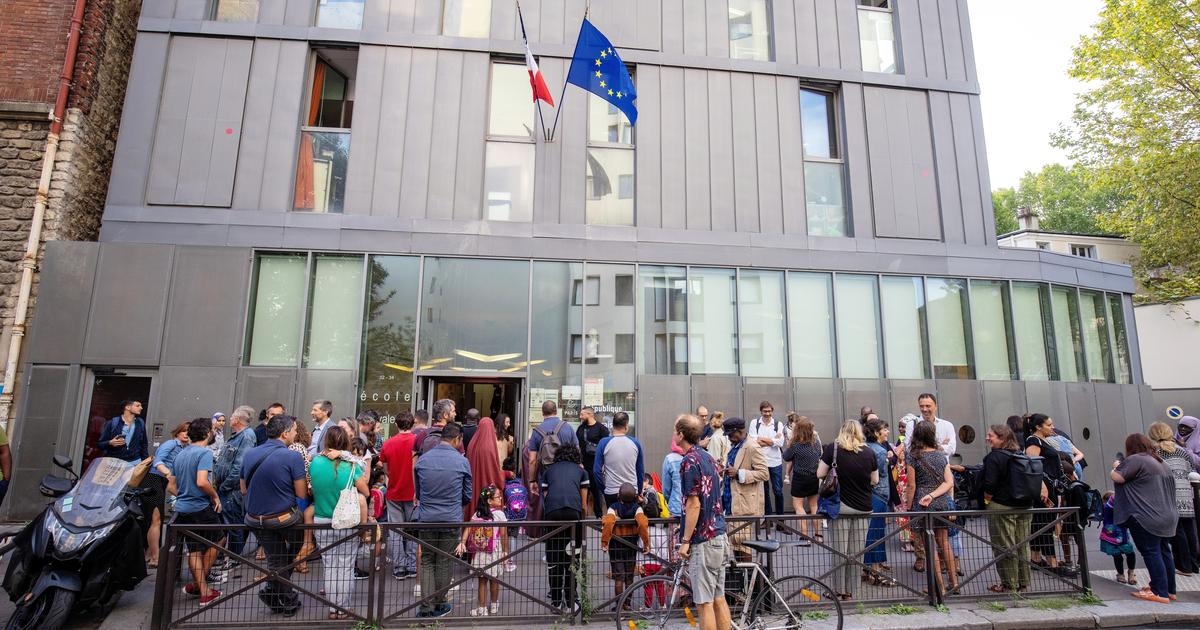Jules Ferry, Marie Curie or Rosa Parks?
The names attributed to educational establishments tell us a lot about what the school, a place of transmission par excellence, carries in terms of symbols, values and social representations as well.
The most represented personalities are overwhelmingly men, of French nationality, having lived under the 3rd Republic and the period which succeeded it.
But the newly given names - to stick to a new educational project or during an opening - show a tendency towards feminization and the greater weight of foreign personalities.
The School Evaluation Council (CEE), an independent structure attached to the Ministry of Education*, looked into the question through a study entitled “What are the names of educational establishments”** .
The naming of schools, middle schools and high schools, which are respectively the responsibility of town halls, departments and regions, "
generally contributes to their identity, their history and their values"
, explains the council responsible for evaluating the organization and results of the school education, in this 8-page document.
Jules Ferry in the lead in the audience
Unsurprisingly, Jules Ferry is by far the most common personality in public schools.
More than 500 of them - or 100,000 students - bear the name of this founding father of the 3rd Republic, with whom the secular, free and compulsory public school is associated.
The poet Jacques Prévert comes in 2nd position.
In secondary education, it is the name of the resistance fighter Jean Moulin who is most often attributed.
In college, Antoine de Saint-Exupéry, Jean Rostand and Albert Camus are among the most frequent names.
In high school, figures like Jean Monnet, Leonardo da Vinci and Marie Curie are over-represented.
The physicist and chemist is the only woman to appear among the ten most popular personalities.
In high school, she came in 3rd position, joined by Camille Claudel.
In 90% of cases, the names of educational establishments pay homage to a French personality associated with a period ranging from the 3rd Republic to the present day.
If the Revolution and the Second Empire are well represented, the Modern Era (1492-1789) only appears in 8% of schools and colleges and 10% of high schools, generally under the names of Voltaire, La Fontaine and Descartes.
References to Antiquity and the Middle Ages are extremely rare.
The CEE study also looked at the spirit of the times, by studying the name changes that took place between 2017 and 2023. Of the approximately 3,500 newly assigned names, 56% are men and 44% women.
With differences however, depending on the levels of education.
Thus, in middle school, 65% of new names are feminine.
This feminization is notably embodied by Simone Veil.
Alongside him, Aimé Césaire, Joséphine Baker and Nelson Mandela are among the names most attributed in recent years.
Read alsoDiscover the Figaro 2024 list of preparatory classes for Grandes Ecoles
The study also observes a clear relationship between the name of the establishment and its social composition.
Thus, the colleges named Rosa Parks, Pablo Neruda, Henri Wallon, Anatole France, Joséphine Baker or Elsa Triolet welcome rather disadvantaged students.
Conversely, the Georges Pompidou, Charles Péguy, Françoise Dolto and Paul Bert colleges are socially favored.
*The School Evaluation Council was created by the Blanquer law of July 2019. Chaired since 2023 by Daniel Auverlot, former rector of the Créteil academy, it includes parliamentarians - Alexis Corbière (Nupes), Cécile Rilhac (Renaissance), Jean Hingray (UDI) and Marie-Pierre Monier (PS) -, qualified personalities and representatives of the Minister of Education
**The study concerns public schools, middle schools and high schools attached to the Ministry of Education, excluding specialized establishments

